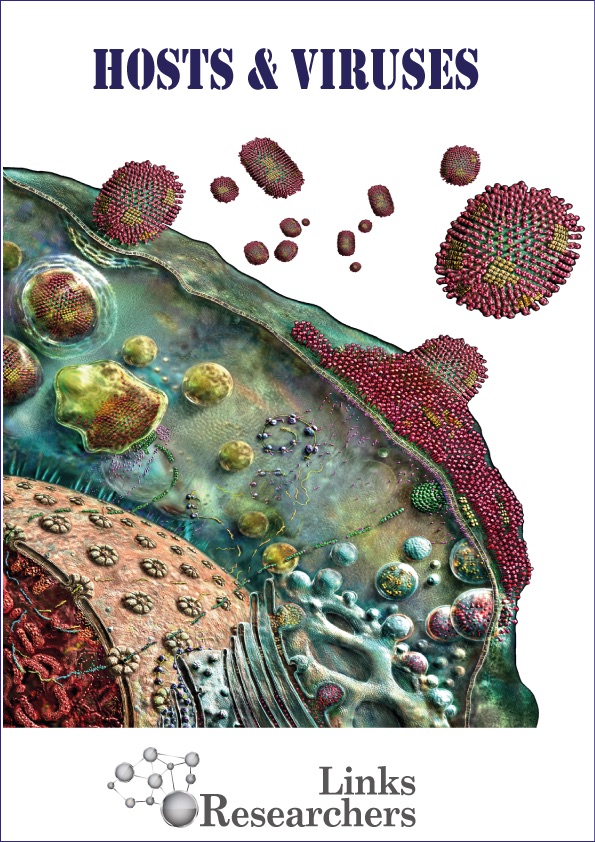Infectious Bursal Disease Virus-Induced Chicken Innate Immune Genes Expression
Infectious Bursal Disease Virus-Induced Chicken Innate Immune Genes Expression
Gabriela Mansano do Nascimento, Helena Lage Ferreira and Clarice Weis Arns
ABSTRACT
Infectious bursal disease virus (IBDV) belongs to the genus Avibirnavirus, a dsRNA virus that causes an acute, highly contagious and immunosuppressive disease in young chickens. The first line of defence against the virus is innate immunity whose activation is independent of the antigen and depends on the ability of the host to recognize pathogens by means of specific pattern recognition receptors. This interaction induces the production of cytokines, chemokines and interferons. Through Janus kinase/signal transducers and transcription activators pathway, interferon induces the transcription of interferon-stimulated genes (ISGs), responsible for playing an essential and decisive role in the virus pathology. Some studies have already reported the overexpression of these genes against IBDV infection in susceptible cells. The protection ability of ISGs to safeguard chicken cells against the virus could be potentially applied for vaccine production, better vaccination protocols and infection control in the future.
To share on other social networks, click on any share button. What are these?





